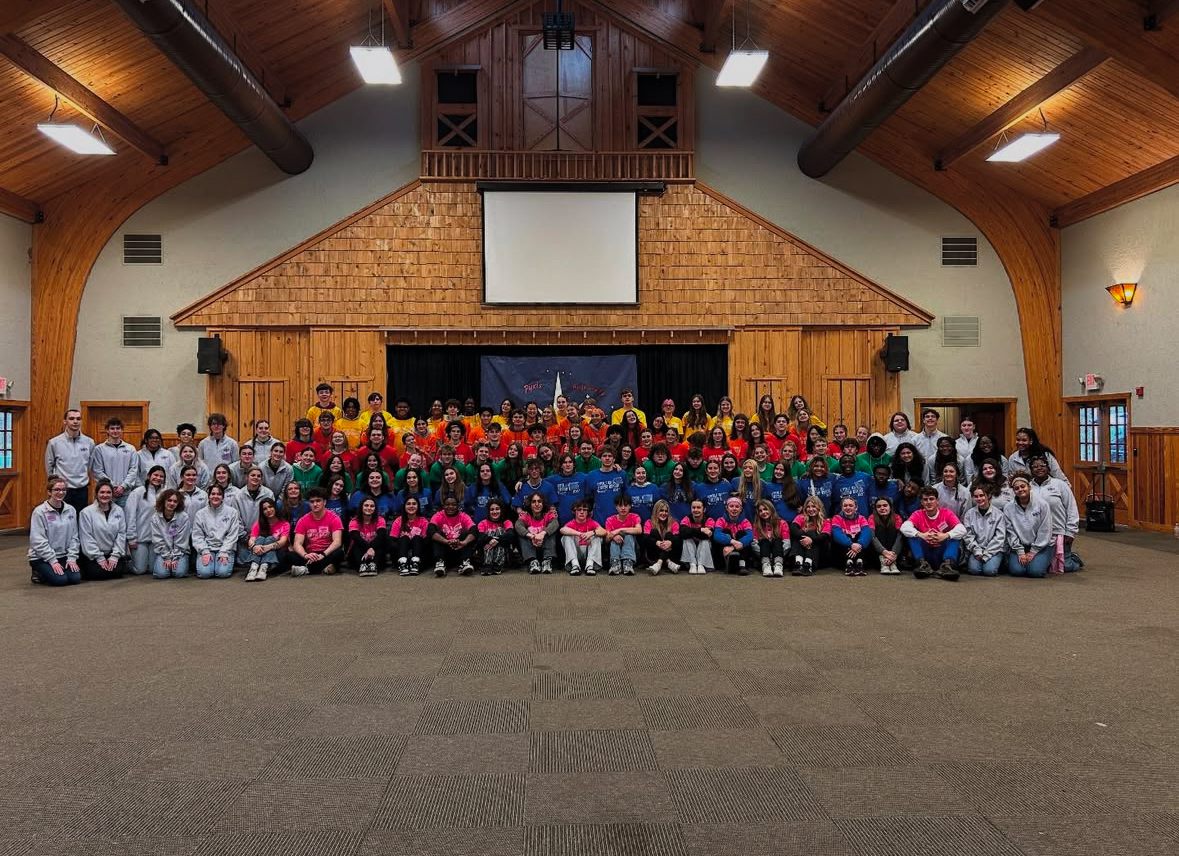The newly released prequel The Ballad of Songbirds and Snakes, transports its viewers to a world 65 years before the Hunger Games trilogy. Written by Suzanne Collins, the story quickly becomes a tale of loyalty versus power for a young Coriolanus Snow, who goes on to become the infamous President Snow from the Hunger Games.
This new film takes the Hunger Games fans back to the 10th annual Hunger Game. Here the technology and mannerisms of the capital reflect a previously war torn society. A sharp contrast to the Hunger Games trilogy, the games are underdeveloped and unnoticed by the capitol citizens.
To bring attention to the Games, gamemaker Dr. Gaul, pairs twenty-four of the Academy’s brightest students with the tributes to mentor and make spectacles of. Young student Coriolanus Snow, plans on using this opportunity to bring fame and attention to his family.
The reaping of tributes is where Snow’s story begins. To his peers, he is presented as a member of a reputable and wealthy family. However, behind closed doors this prestigious family has little left as a result of the war, making the dynamic of Snow’s character intriguing from the start.
During the reaping ceremony, Snow gets paired with the girl from District 12, Lucy Gray. Although, Lucy Gray does not consider herself district but rather Covey, a traveling group of entertainers who were confined to District 12 after the war.
Despite the disadvantages of being from 12, Lucy Gray presents herself as a bright, free spirited young woman. When introducing Lucy Gray, she wows the crowds, and Snow, with her singing talents and bright colored attire.
Theo O’Neil, senior at Kempsville, said “I liked the country folk ditty they had going on” with Lucy Gray’s character.
As Lucy Gray and Snow navigate the games together to come up with strategies to win, they must get familiar with each other. Throughout their challenges it becomes apparent, Lucy Gray and Snow have feelings blossoming for each other.
Throughout the movie Snow is faced with multiple challenges (no spoilers, sue me) that put him and Lucy Gray at risk of losing the games. The solutions to these problems are often problematic or goes against everything that Snow is, and leaves both Snow and the audience questions what kind of person Snow truly is.
Vox writer Constance Grady points out, “Collins has no interest in making him sympathetic or a figure to root for, but she does have to maintain the reader’s interest in him all the same.”
By the end of the film, the audience is left wondering, “If Snow was ever a good person, if he was ever gonna make kind decisions or if he was just evil from the start.” says senior Theo O’Neil.
While Snow’s intentions can be debated, Ryan Ngo, reader and movie watcher of The Ballad of Songbirds & Snakes, found traits of Snow to be relatable as “he felt very human like, in the movie, we saw both good and bad in him. There were glimpses of kindness and humanity seen within him when interacting with Lucy. But there was also the more evil and sinister sides of him with the killing and cheating to give himself and Lucy an advantage to win the games. I guess he felt human because he was conflicted and not just one dimensional.”
The main character of Snow was not the only character that is relatable; Miss O’Neil found that “Lucy Gray is very independent, and I can relate to that.”
Unlike the original movies, Variety writer Peter Debruge points out, “Her message is less about resisting fascism than recognizing how systems use entertainment to distract and manipulate the masses.”
Despite the film’s deep messages, the audiences of all ages and backgrounds can find something that relates to them, or makes them challenge what they thought they knew. The characters created by the brilliant Suzanne Collins have complexities that make them appealing to audiences and unable to look away.
Over the holiday break when searching for something to do with the family, go out and watch the new movie. You just might learn something new, like snow lands on top.














